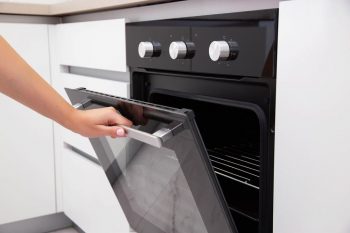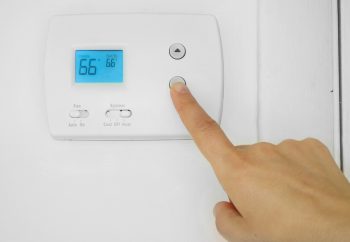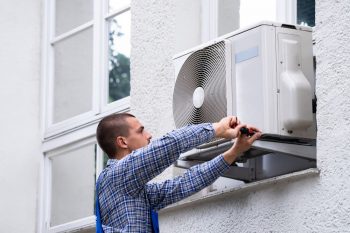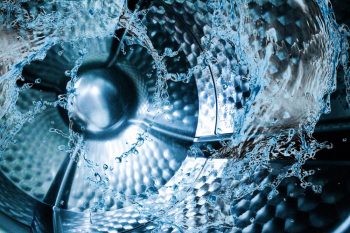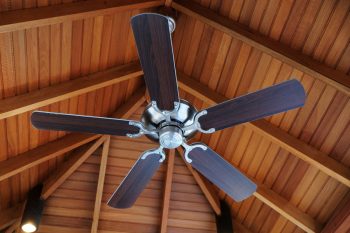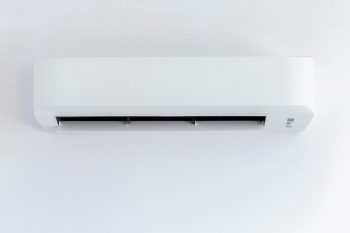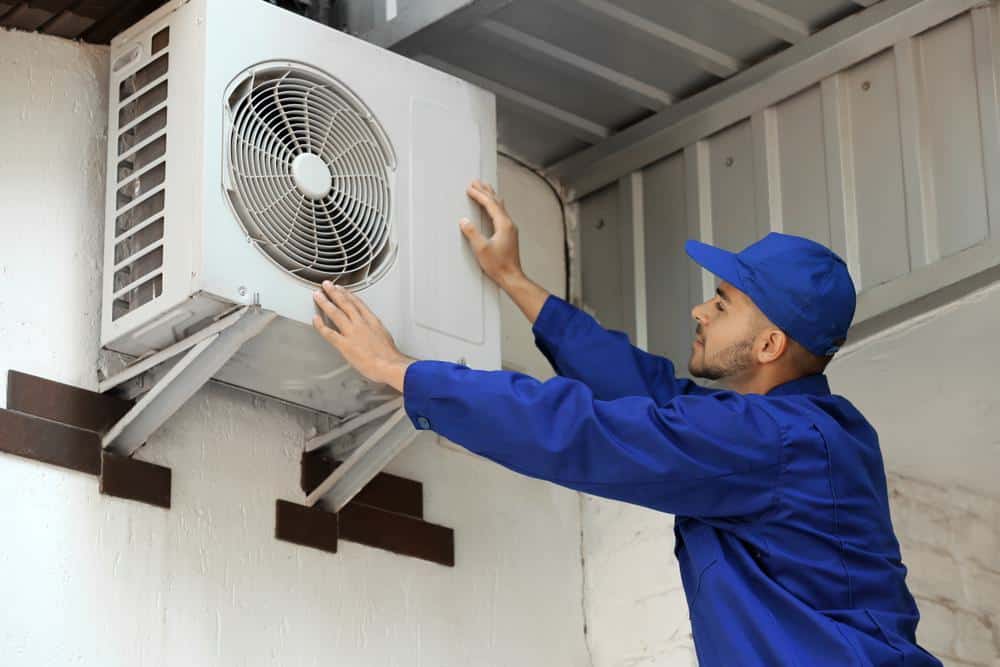
An air conditioning (AC) system is a crucial part of any home or business, especially during the hot summer months. At the heart of this system is the AC compressor, a mechanical device that plays a vital role in cooling the air. However, like any other mechanical device, an AC compressor can experience issues that prevent it from functioning properly. This article will provide a comprehensive guide on how to make an AC compressor work and troubleshoot common issues that may arise.
To make an AC compressor work, you need to ensure it has a consistent power supply, the thermostat is set correctly, the fuses are intact, and the unit is clean from dirt and debris. Regular maintenance, such as replacing or cleaning air filters, cleaning the condenser unit, and checking the drain line, is also essential. If the compressor still doesn’t work, you may need to seek professional help.
Understanding the Role of an AC Compressor
The AC compressor is often referred to as the heart of the air conditioning system. It is responsible for compressing the refrigerant gas and circulating it between the evaporator and condenser coils. This process changes the refrigerant’s state from gas to liquid and back again, enabling the air conditioning system to cool your home or business efficiently.
How Does an AC Compressor Work?
The process begins when the air circulation system pulls in the room’s air and filters impurities. The air then passes through the evaporator coils, which cools the dry air and is vented into the room as cold air. The heat from the air passes along to the refrigerant, which is then fed into the compressor. The compressor packs the gas-based refrigerant molecules tightly together, raising both the temperature and pressure of the gas. This heat-filled refrigerant is pumped outdoors to the condenser unit, where the heat is released. As the refrigerant gas cools, it turns into a liquid, and the compressor pumps it indoors towards the evaporator coils. The refrigerant travels back to the evaporator, where the process begins again.
Common Issues with AC Compressors
Several common issues can prevent an AC compressor from working properly:
- Dirty or clogged air filters: These can restrict airflow and cause the compressor to stop working.
- Dirty condenser coils: Dirt and debris on the coils can reduce the compressor’s efficiency.
- Blocked suction lines: Obstructions in the suction lines can lead to compressor failure.
- Low refrigerant charge: Insufficient refrigerant levels can cause the compressor to shut off.
- Electrical problems: Faulty wiring or motor issues can lead to overheating and compressor failure.
Troubleshooting a Malfunctioning AC Compressor
Before you call in a professional, there are several steps you can take to troubleshoot a malfunctioning AC compressor:
- Check the power supply: Ensure that the unit is receiving power by examining the wiring and checking the circuit breaker.
- Inspect the thermostat: Make sure the thermostat is set correctly and functioning properly.
- Examine the fuses: Many disconnect blocks contain cartridge fuses. Check them before proceeding with repairs.
- Clean the unit: Dirt and debris can accumulate on the evaporators, filters, and condensers, causing the compressor to malfunction.
Maintaining an AC Compressor
Regular maintenance is essential for the optimal performance and longevity of your AC compressor. Here are some steps you can take:
- Replace or clean air filters: Routinely replace or clean the air filters in your AC unit.
- Clean the condenser unit: Remove debris from the condenser unit and clean the fins with a soft-bristle brush.
- Check the drain line: Ensure the drain line is clear of any obstructions to maintain proper drainage.
- Use a programmable thermostat: Maintain consistent temperature settings to reduce unnecessary workload and energy consumption.
When to Call a Professional
While minor issues can sometimes be solved with simple troubleshooting, more serious problems may require professional help. If you’re unsure, it’s always best to err on the side of caution and call in a professional.
In conclusion, understanding how your AC compressor works and how to troubleshoot common issues can save you time and money. Regular maintenance can also help prevent these issues from arising in the first place. Remember, when in doubt, don’t hesitate to call a professional to ensure your AC system continues to work efficiently and effectively.
Frequently Asked Questions
How often should I clean or replace the air filters in my AC unit?
The frequency of cleaning or replacing your air filters depends on several factors such as the type of filter your AC unit uses, the air quality in your area, and whether anyone in your household has allergies. However, a general rule of thumb is to check your filters every month and clean or replace them every 1-3 months.
What is a programmable thermostat and how can it reduce the workload of the AC compressor?
A programmable thermostat allows you to set your AC to automatically adjust to different temperatures at different times of the day. This means the AC unit doesn’t have to work as hard when you’re not at home, which can help reduce the workload on the AC compressor and save energy.
Why is it important to keep the condenser unit clean?
The condenser unit is responsible for expelling the heat absorbed by the refrigerant. If it’s dirty or blocked with debris, it can’t effectively release this heat, which can cause the AC system to work harder and potentially lead to compressor overheating or failure.
How do I know if my AC compressor has completely failed?
Signs of a failing or failed AC compressor can include the AC not cooling your home effectively, strange noises from the unit, or the circuit breaker tripping frequently. If you observe any of these signs, it’s best to call a professional to inspect your AC system.
What are some signs of electrical problems in an AC unit?
Signs of electrical problems can include the AC unit not turning on, the unit turning off and on frequently, the compressor running but the fan not working, or the unit tripping the circuit breaker. If you suspect an electrical problem, it’s advised to call a professional as handling electrical components can be dangerous.

